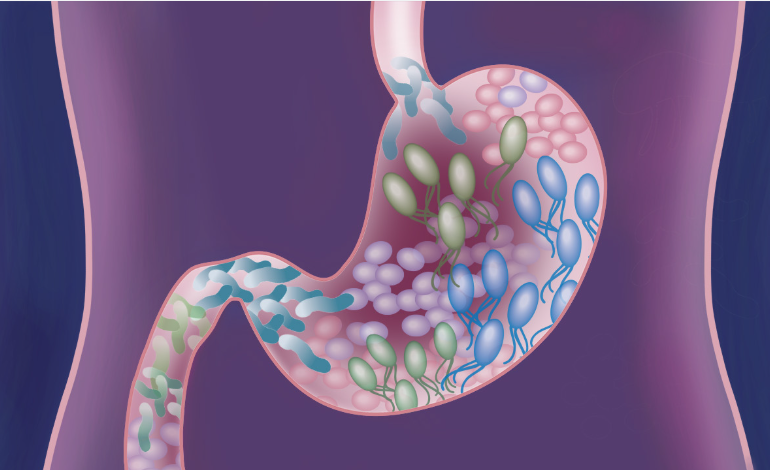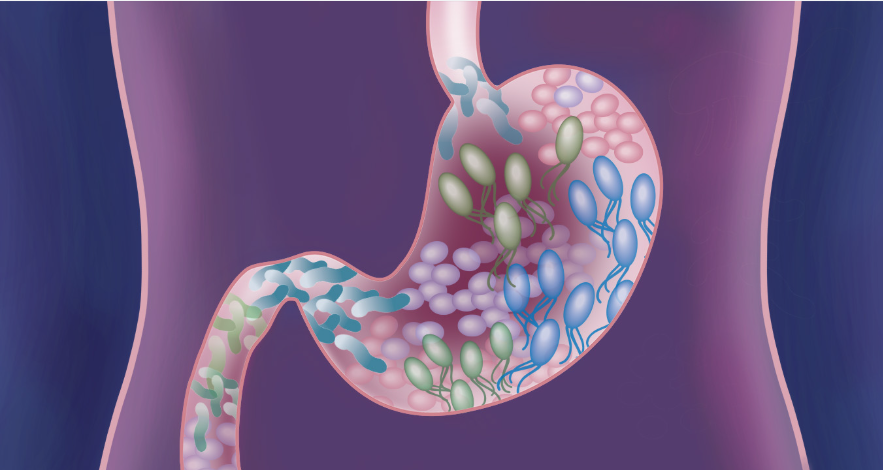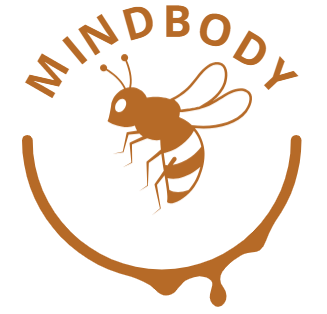
What are some ways I can improve my gut health?

Gut health is gaining more attention as people realize just how much our gut bacteria impact overall health. Many are looking for ways to improve their gut health, but what’s the best approach? Are we stuck with the gut bacteria we’re born with, or can we make changes?
Why is good gut bacteria important? Your gut is home to trillions of microorganisms, mostly bacteria and fungi, known as the microbiome or gut flora. These bacteria play a big role in digestion and can also affect your general health. They help synthesize vitamins, support your immune system, and protect you from infections. Scientists are still uncovering all the ways gut bacteria influence the rest of the body.
Each person’s gut microbiome is unique, and the balance of different species can vary. Some bacteria are beneficial for health, while others may be harmful. An imbalance in gut bacteria has been linked to a range of health issues, such as:
- Obesity
- Type 2 diabetes
- Autoimmune diseases
- Inflammatory bowel diseases (like Crohn’s disease and ulcerative colitis)
- Irritable bowel syndrome (IBS)
- Allergies, asthma, and eczema
- Autism spectrum disorders
- Heart disease
What’s good for your gut health? To maintain a healthy gut microbiome, you need to feed your gut bacteria. These bacteria mainly consume the parts of food that your body can’t digest, essentially eating your leftovers. Fiber is especially important for gut bacteria.
Fiber is a type of carbohydrate your body can’t break down, so it passes through your digestive system for your gut bacteria to use. Many of these bacteria digest fiber through a process called fermentation.
How to improve your gut health The good news is that the balance of bacteria in your gut is flexible. You can take steps to improve your gut flora and keep your digestive system healthy. Here are a few tips:
- Eat plenty of fruits and vegetables: These foods are rich in fiber and other nutrients that are beneficial for gut bacteria. Aim for a variety to give your gut bacteria a wide range of food sources.
- Include fermented foods: Foods like yogurt, sauerkraut, and kimchi contain live bacteria that can thrive in your gut and support a healthy balance.
- Cut down on sugar: A high-sugar diet encourages the growth of harmful gut bacteria. Too much sugar can feed bacteria linked to poor health, so reducing sugar intake is a key step.
- Avoid processed foods: Highly processed foods, which often contain additives and preservatives, can disrupt the balance of good bacteria in your gut. If a food has a long list of ingredients, it’s likely processed and may negatively affect your gut health.
- Manage stress: Stress can harm your gut and alter the balance of bacteria in a negative way. Take time to relax and unwind, and consider talking to a therapist if you need help managing stress.
- Get enough sleep: Poor sleep can also disrupt your gut function. Aim for 7 to 8 hours of sleep each night to support gut health and overall well-being.
The steps above not only improve your gut health but also benefit your overall health. By making these changes, you’ll likely feel better overall, as a healthy gut is linked to many other aspects of wellness.
If you’re curious about your gut health, you can order a home testing kit to check the balance of bacteria and other organisms in your gut. This can help you understand your gut health and provide personalized recommendations to improve it.





